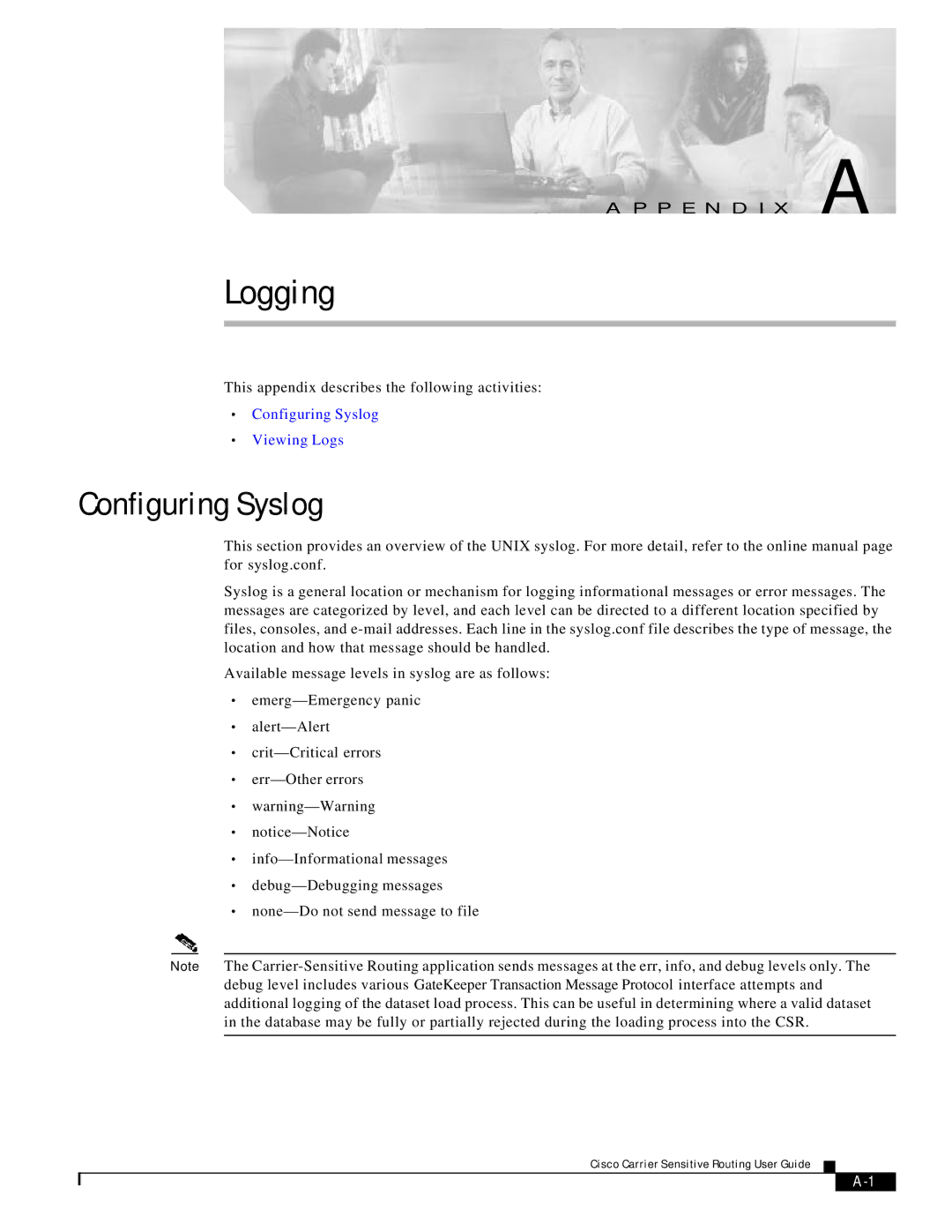Version 1.1 specifications
Cisco Systems Version 1.1 introduced significant advancements in network technology, setting a new standard for performance, security, and management in the ever-evolving landscape of enterprise networking. This version is characterized by a robust architecture that supports a wide array of devices and applications, ensuring seamless connectivity and efficiency for businesses of all sizes.One of the standout features of Cisco Systems Version 1.1 is its enhanced routing capabilities. The introduction of advanced routing protocols enables more efficient data handling and traffic management. This improvement translates into reduced latency and optimized bandwidth utilization, which are crucial for organizations relying on real-time applications like VoIP and video conferencing.
Another notable technology integrated into Version 1.1 is the expanded support for Software-Defined Networking (SDN). This allows network administrators to manage their network resources more flexibly and dynamically, adapting quickly to changing demands. With SDN, Cisco provides a centralized control plane that enables automated provisioning and orchestration of network services, ultimately leading to reduced operational costs and improved service quality.
Security improvements are also a hallmark of Cisco Systems Version 1.1. The incorporation of advanced intrusion detection and prevention systems (IDPS) enhances the overall security posture of networks. Additionally, built-in encryption protocols ensure that data is transmitted securely, safeguarding sensitive information from potential cyber threats.
Furthermore, Version 1.1 emphasizes user experience with its intuitive management interface. Network monitoring and troubleshooting tools have been redesigned to be more user-friendly, allowing IT teams to quickly identify and resolve issues, thereby minimizing downtime and improving overall network reliability.
Scalability is another critical characteristic of this version, designed to accommodate the growth of companies. Whether an organization is expanding its physical infrastructure or transitioning to cloud-based services, Cisco Systems Version 1.1 provides the flexibility necessary to scale operations without sacrificing performance.
In summary, Cisco Systems Version 1.1 is a comprehensive networking solution that integrates advanced routing capabilities, SDN support, enhanced security features, and a user-friendly management interface. Its scalability ensures that it can meet the growing demands of modern enterprises, making it a pivotal choice for businesses looking to optimize their networking infrastructure. As companies continue to embrace digital transformation, Cisco Systems Version 1.1 stands out as a reliable foundation for future growth and innovation.

